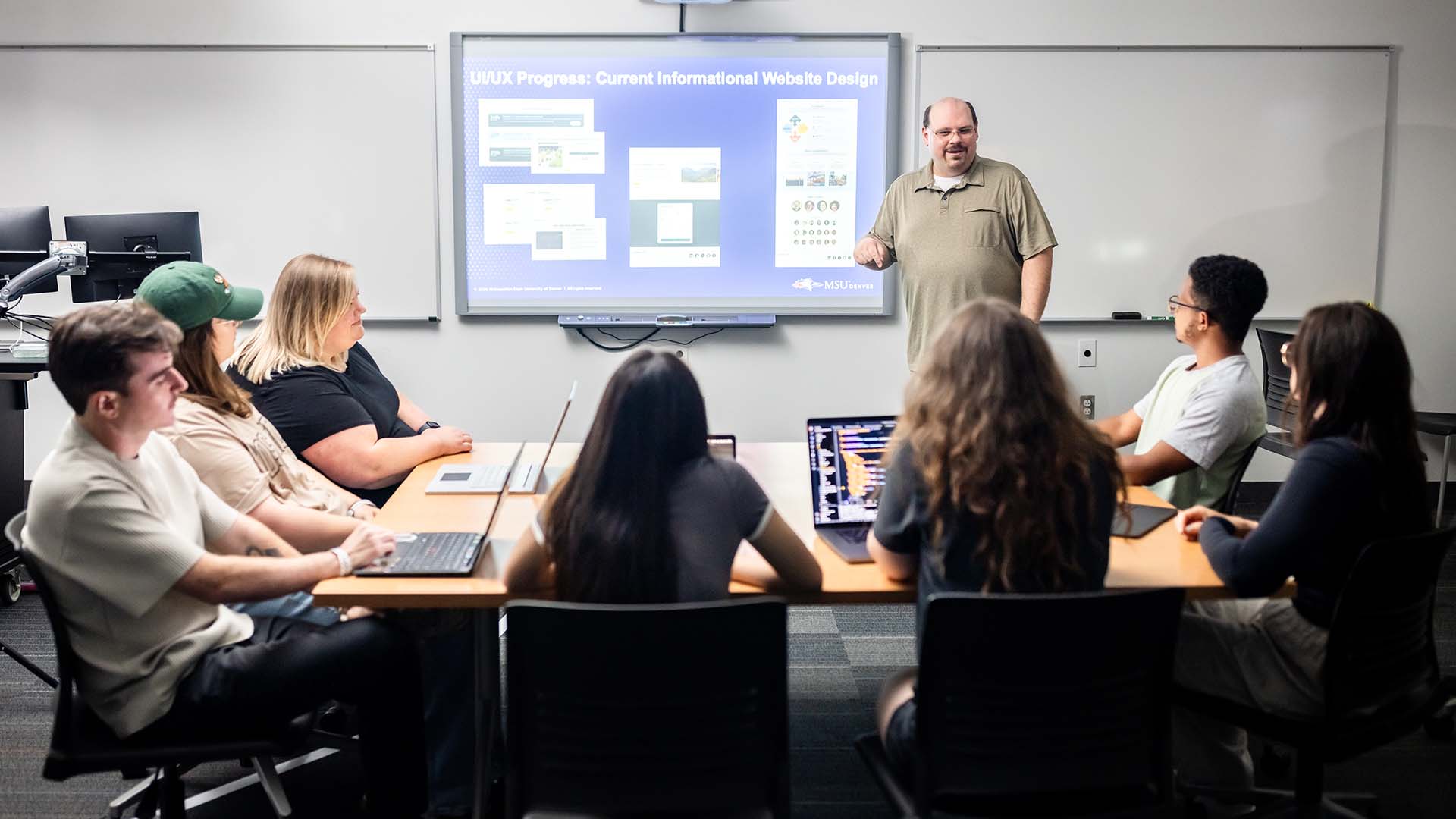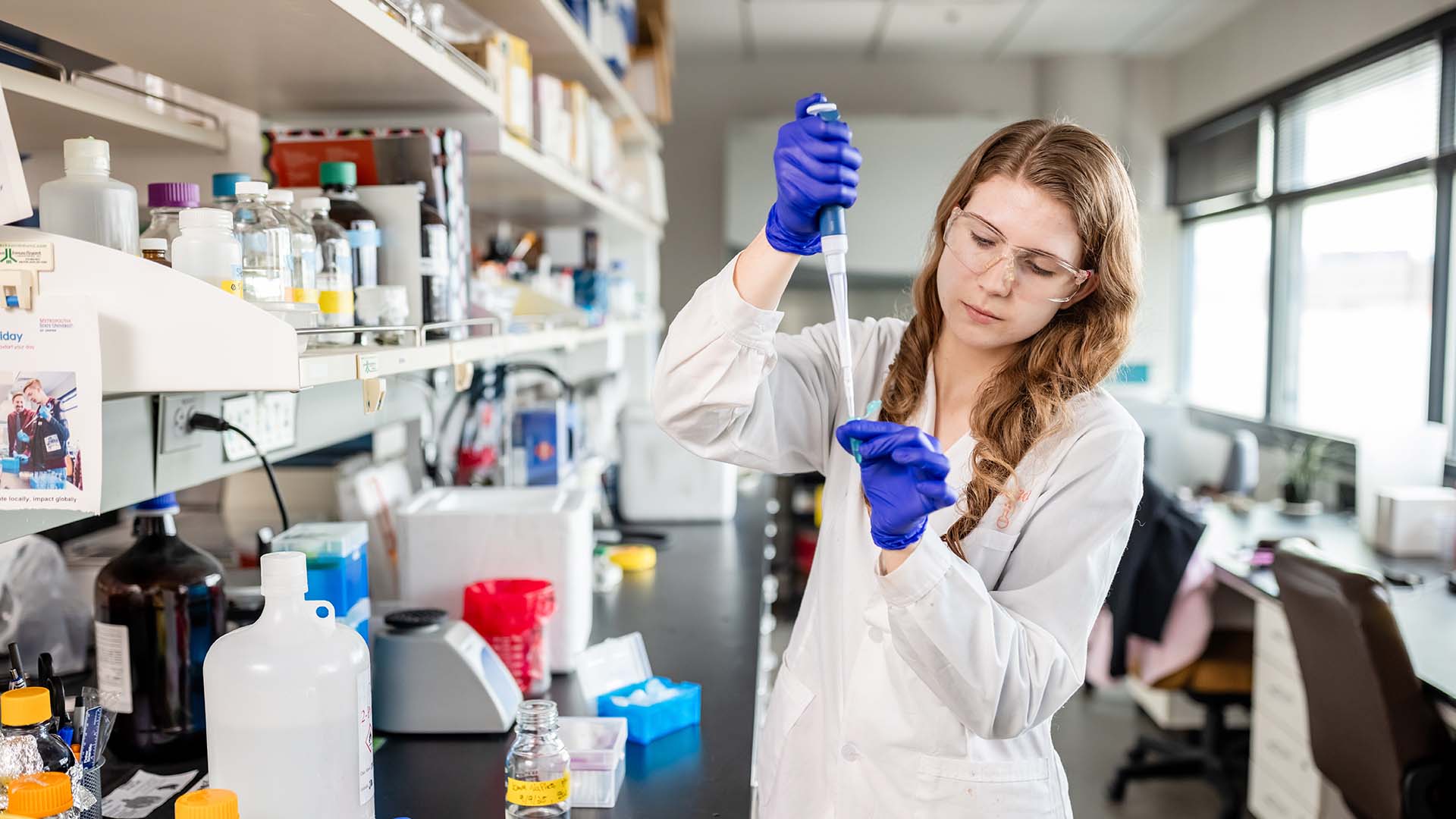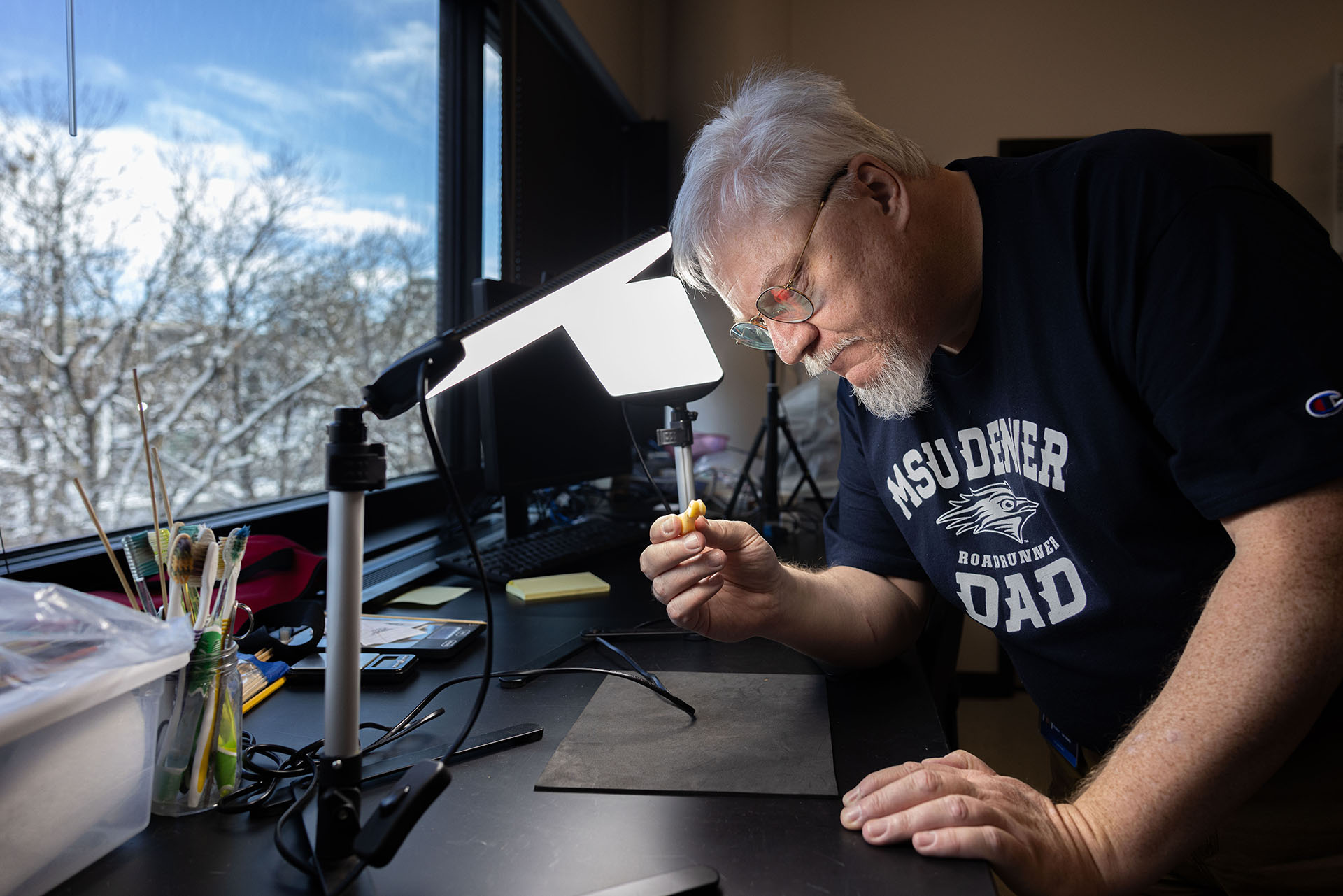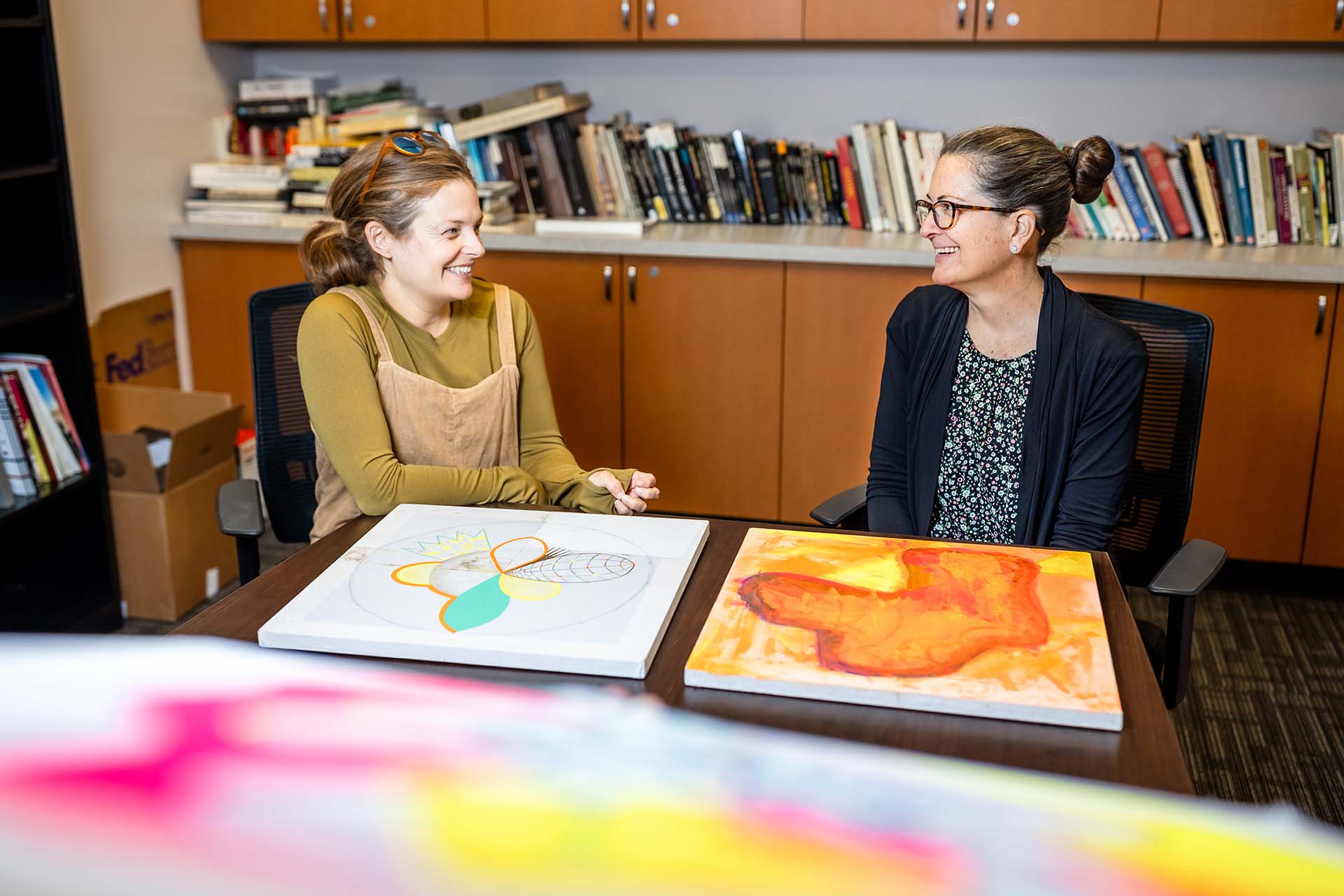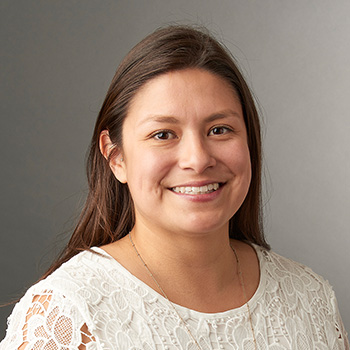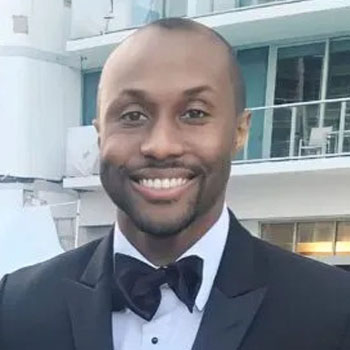A coroner you can count on
Douglas County’s Raeann Brown says, ‘We speak for the deceased but also take care of the living.’
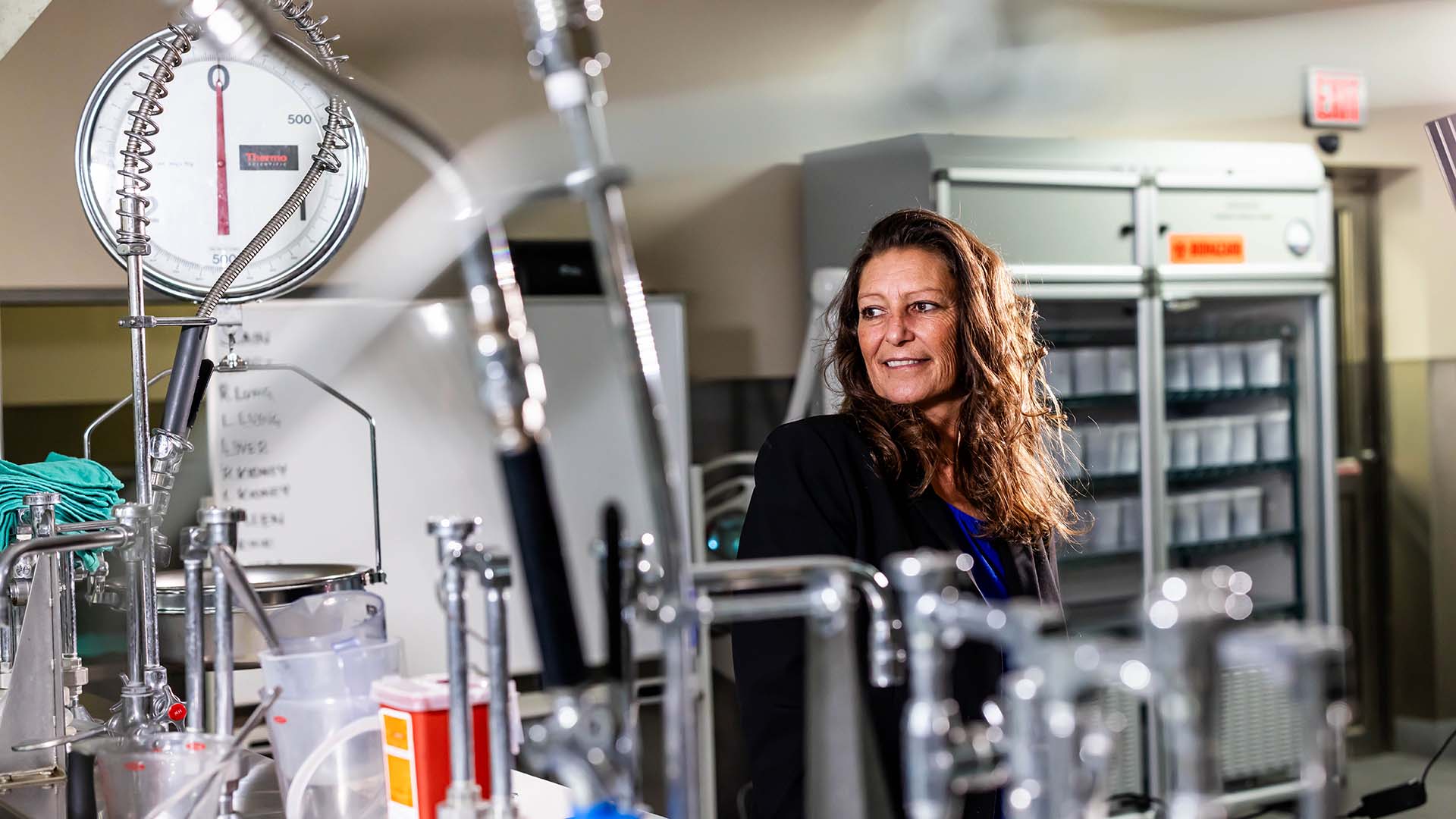
This story appears in the spring 2024 issue of RED Magazine.
Raeann Brown didn’t intend to be a coroner.
When she first rolled up at Metropolitan State University of Denver in 2000, it was to pursue a major in Chemistry and Criminalistics, which would have led her down an altogether different career path. But then, fate intervened.
“During that first year, my dad died,” she recalled. “And the way I was treated by another state’s coroner’s office was devastating.”
Upon returning to college, Brown changed to a Biology and Criminalistics major and resolved that her career would instead follow the route of death investigation.
“Soon after, I took a job with the local coroner’s office and I made a personal vow to never treat any family the way I’d been treated,” she said. “And I’ve kept my word for 20-plus years.”
While she has excelled in her profession, Brown didn’t get to finish her degree until recently. She’d left MSU Denver in her senior year to jump into her career, and a demanding and variable schedule had made it difficult to attend the upper-level science classes and required labs. But with more online offerings in recent years, she was finally able to accomplish that goal in 2022.
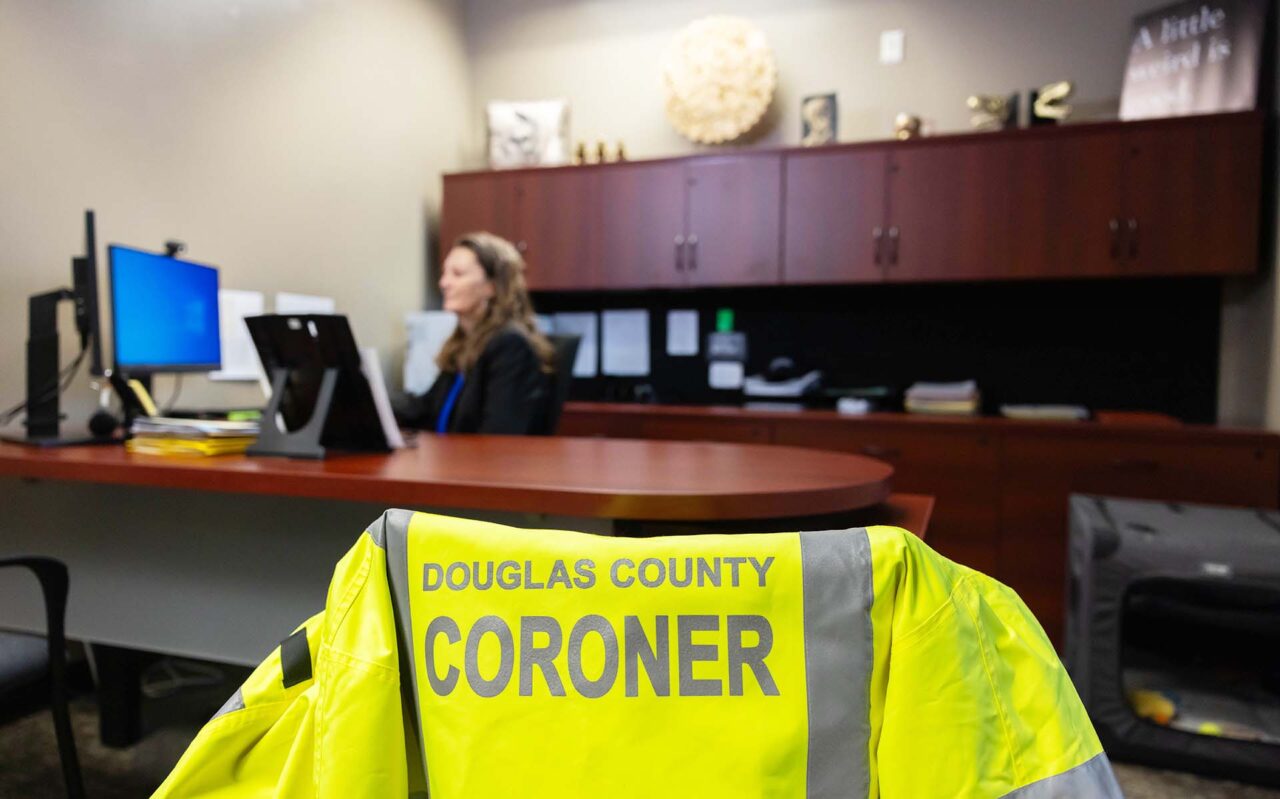
Solving puzzles
Brown also reached another milestone in 2022: She was elected Douglas County coroner after 19 years of end-of-life care.
The nature of Brown’s work — regularly dealing with all manner of suspicious, violent, unexplained and unexpected deaths — demands a strong focus and a hardy constitution. And she thrives in the challenging environment.
“I love a puzzle,” she said. “I love human anatomy. I love the criminalistic elements of the work, and I have strong discipline and focus from my past military experience. Combining these disparate elements and making them work together is what keeps me motivated and energized.”
RELATED: Sheriff Elias Diggins is an advocate for mental health
When she goes to a death scene, Brown always remembers: This is someone’s loved one. But she also needs to take a clinical, investigative view to speak up for the deceased and help write the last chapter of their story. “There is always a puzzle to be solved and an answer to find,” she said.
Bringing closure
While Brown’s job may sound cold and dispassionate, she performs a valuable societal role, helping to bring peace and closure to people who have lost someone. And that’s important to the coroner and her team.
“Family and friends absolutely matter,” she said. “Our office motto is: ‘We speak for the deceased but also take care of the living.’”
Bereaved relatives aren’t the only ones who occasionally need a shoulder to lean on. “When you see death every day,” Brown said, “you have to practice good self-care and foster a great culture of support within your team. Otherwise, you’d be curled up in a fetal position in the corner every day.”
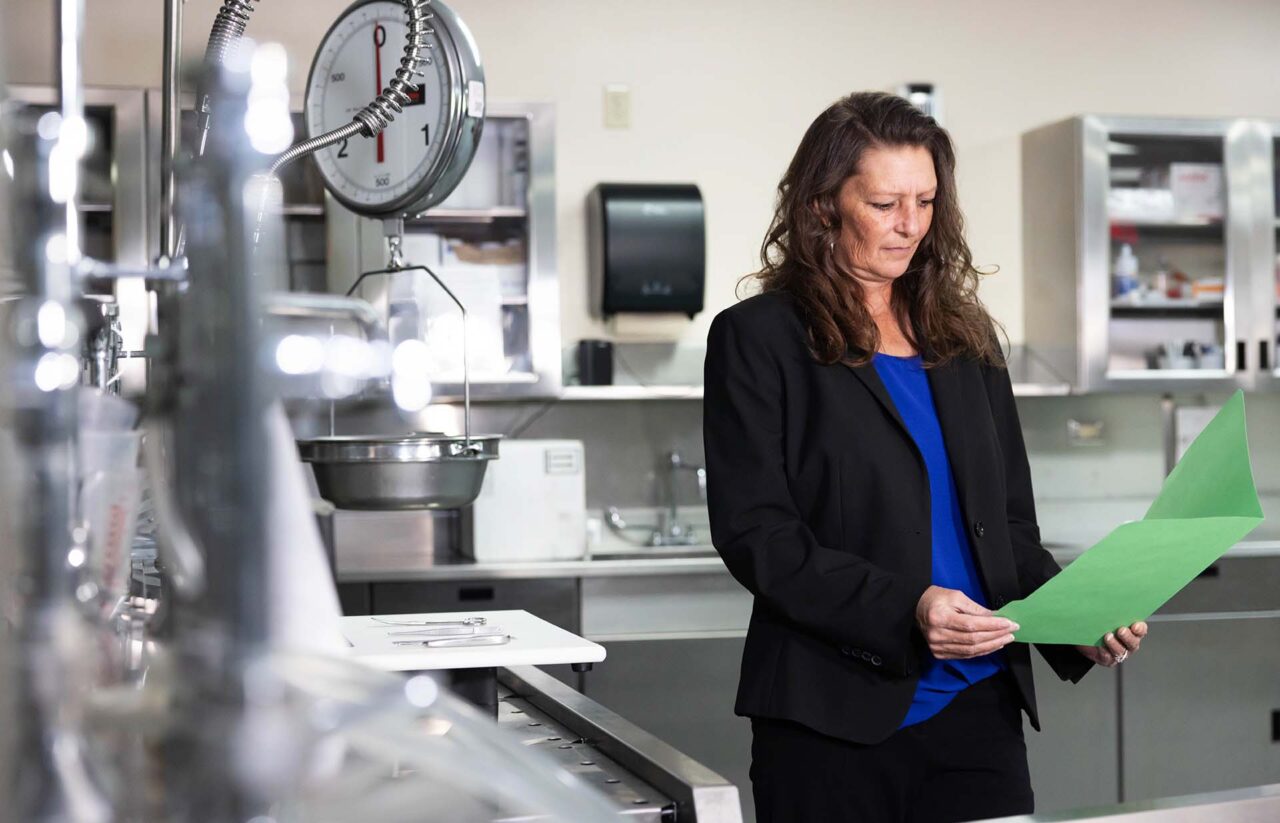
Not so glamorous
Despite its serious nature, Brown’s role has become a staple of TV shows and earned a fictionalized “star” quality. So people have varied reactions when she tells them what she does.
“‘Thank you for what you do’; ‘That’s fascinating’; or sometimes, ‘Ew, that’s gross,’” she said, recalling some of those reactions. “And people never tire of asking, ‘What’s the worst thing you’ve ever seen?’”
Coincidentally, Brown’s career in death investigation launched around the time the original “CSI: Crime Scene Investigation” TV show started. And to this day, many people assume she has a glamorous job.
“Coroners call it the ‘CSI’ effect, but that is definitely not the reality,” Brown said. Over the years, she has seen several people start work at the Coroner’s Office with TV-influenced expectations and then quit within a month.
“The human body is amazing,” she said. “But believe me: The reality of a deceased individual is far removed from the clean and sanitized version you see on television.”
Welcoming college
Looking back now at her lengthy college journey, the coroner remembers how MSU Denver accommodated her at every turn and even helped secure her first death investigation job.
“One of the things I’ll always appreciate about MSU Denver is how it welcomes and supports nontraditional students,” said Brown, who exemplifies the circuitous route to a degree followed by many Roadrunners.
“After starting in 2000, at age 30, I finally graduated in 2022,” she said with a laugh. “And I wasn’t even the oldest person at the ceremony!”

